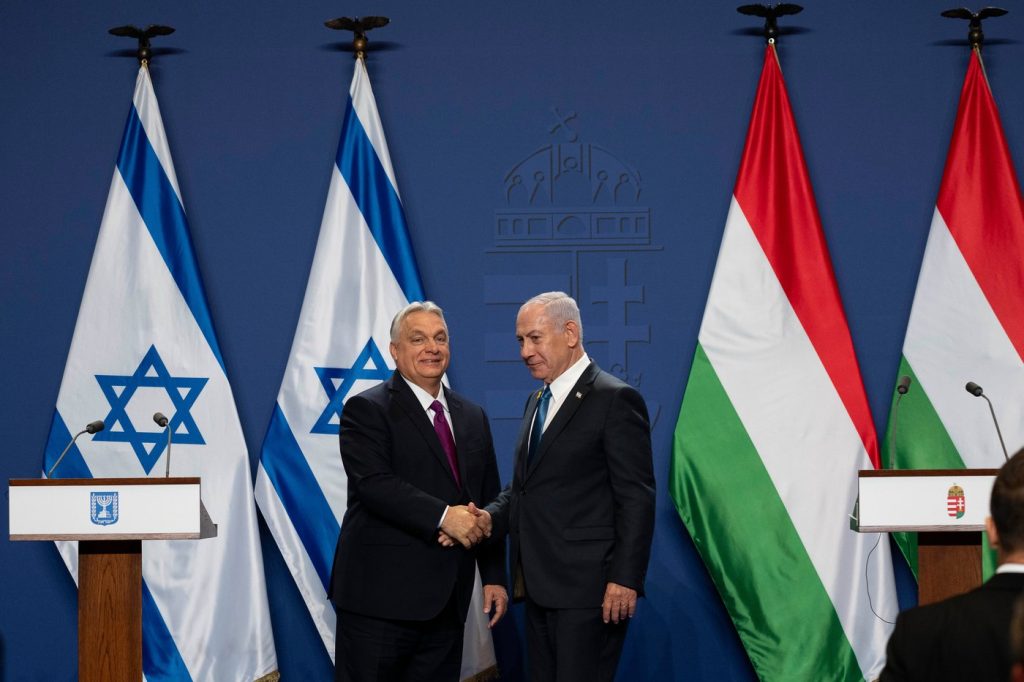BUDAPEST, Hungary (AP) — Hungary has announced its decision to withdraw from the International Criminal Court (ICC), a move that Prime Minister Viktor Orbán justified on state radio by asserting that Hungary has never been fully committed to the court. This announcement followed a notable incident where Hungary did not detain Israeli Prime Minister Benjamin Netanyahu, who visited Budapest despite facing an ICC arrest warrant.
Orbán described Hungary’s involvement with the ICC as "half-hearted," claiming that the tribunal has lost its impartiality and is now politically driven. Hungary became a member of the ICC during Orbán's first term as prime minister in 2001, but he pointed out that the country never took necessary legislative steps to incorporate the court’s statute into Hungarian law.
The ICC, located in The Hague, had issued an arrest warrant for Netanyahu in November 2022, suspecting him of committing crimes against humanity linked to Israel’s military actions in the Gaza Strip. Signatory nations to the ICC are obligated to arrest individuals for which arrest warrants have been issued if they enter their territory. However, Hungary's failure to act on this warrant has drawn criticism from the ICC and other international entities. In the days preceding Netanyahu's visit, the president of the ICC's oversight body sent a letter to Hungary, reiterating its obligation to respond to such requests from the court.
Previous rulings by the ICC have dismissed arguments that failure to ratify the court’s statute exempts countries from complying with its obligations. Once Hungary formally leaves the ICC, which will take at least a year to finalize, it will become the only member of the 27-nation European Union that is not a signatory to the court. Among the 125 current signatory countries, only the Philippines and Burundi have previously withdrawn.
Orbán is often described by critics as an autocrat, particularly for his contentious relationship with the European Union, undermining judiciary independence, and imposing restrictions on civil society and human rights organizations. He has cultivated alliances with controversial leaders like U.S. President Donald Trump and Russian President Vladimir Putin, both of whom have expressed criticism toward the ICC.
In March 2023, the ICC issued an arrest warrant for Putin, accusing him of war crimes related to the abduction of Ukrainian children amidst the ongoing conflict. Trump, earlier in February, enacted sanctions against the ICC in response to its investigations into Israel's actions during the military conflict in Gaza, which escalated after an attack by Hamas on October 7, 2023, resulting in significant civilian casualties in Israel and subsequent retaliatory strikes in Gaza.
The ongoing military response from Israel has led to the deaths of over 50,000 Palestinians, including many children, amidst a humanitarian crisis as supplies essential for survival have been blocked. As the conflict continues, the implications of Hungary's withdrawal from the ICC could resonate within international law and the broader geopolitical climate.










